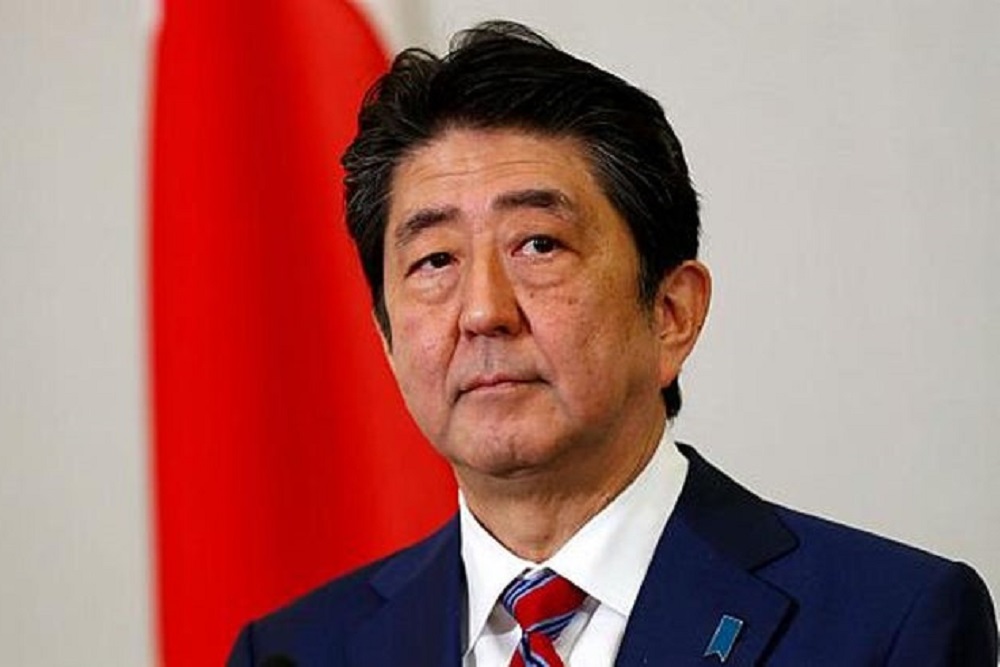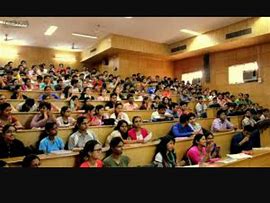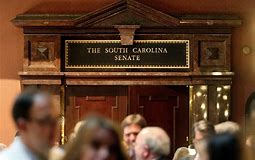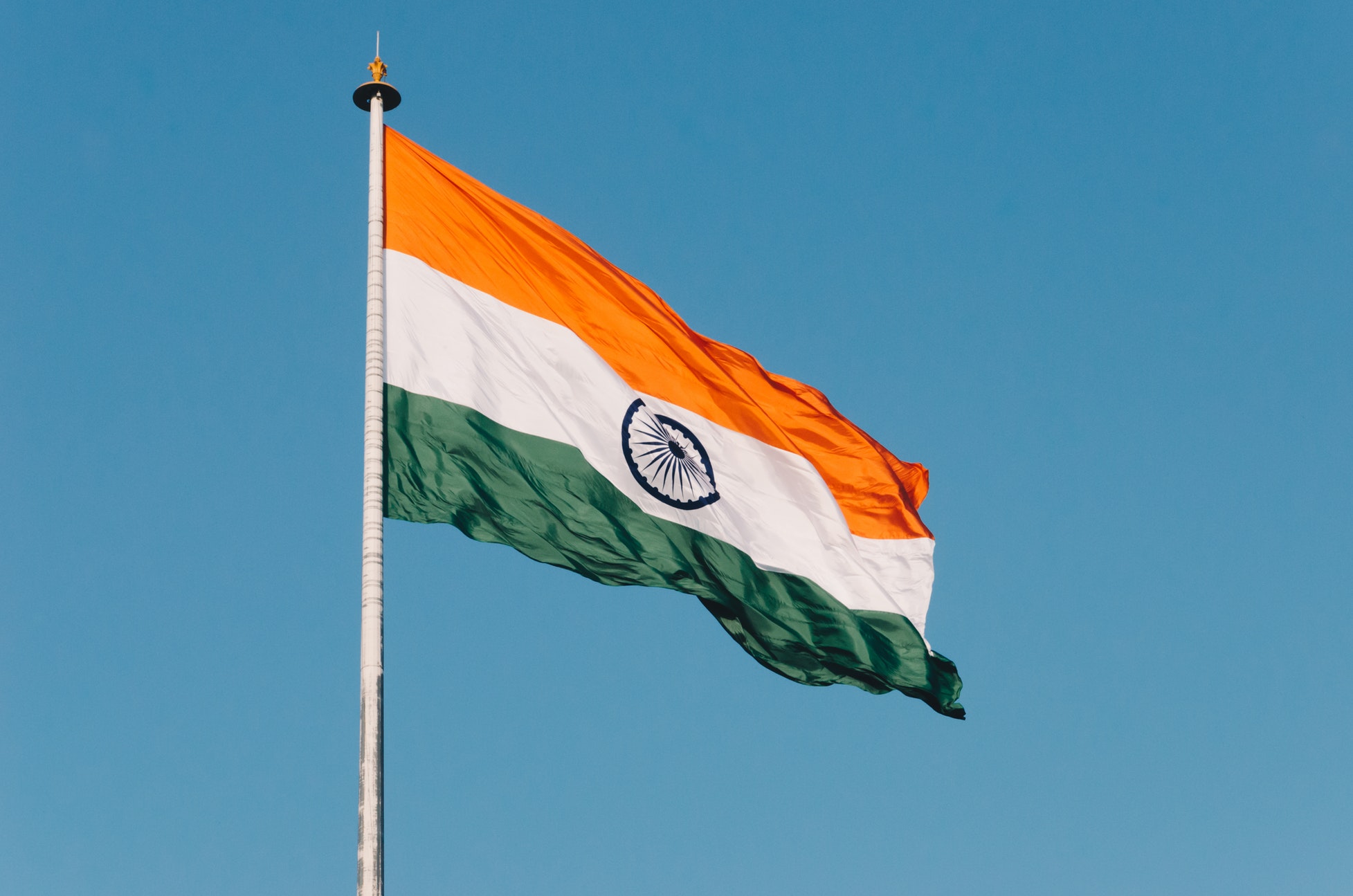Several cities in Japan have been hit by chaos as Japan’s PM Shinzo Abe announced the cancellation of all schools and universities in Japan from 2 March.
According to him announcement, all Japanese universities are to remain close, a move necessitated in a bid to prevent the continuous spread of the coronavirus.
The Japanese PM announcement has sent millions of parents rushing to arrange child care, this invariably raised doubts about the government’s grasp on a situation threatening to tank the country’s economy.
Abe is currently facing strong public criticism as the new chaos is being attributed to his announcement, while many others blame him for downplaying the situation of things.
Professor Akihiro Ogura, vice president of Saga University, explained that the coronavirus epidemic turned into a significant issue after Japan’s PM made his announcement.
While Tobias Harris, a Japan analyst for Teneo Intelligence in Washington, said: this signals both the government’s alarm at the outbreak’s trajectory and Abe’s awareness that mismanaging the outbreak could critically damage his premiership.
He further noted that Japan’s PM move would most unlikely be able to contain the outbreak or restore the public’s confidence in his administration.
Ogura added that the challenge is the upcoming new April academic session when students expect to start lectures. Students are expecting to come to classes, but we are still at the planning stage to deal with the situation and hoping for the best.
Japan’s PM reaction
In his response, Japan’s PM explained that the cancellation was caused as a result of the new strain not letting up.
本日、7回目となる新型コロナウイルス 感染症対策本部を開催しました。
これまでも順次、水際対策を強化してきましたが、中国における感染者数の拡大なども踏まえ、明日からは、湖北省に加えて、浙江省を追加し、同省に滞在歴がある外国人などの入国を拒否することとします。 pic.twitter.com/8J31CHGeXc
— 安倍晋三 (@AbeShinzo) February 12, 2020
He said:
A decision that affects people’s daily lives was in various opinions and criticisms, it is a matter of course for me to listen to those voices. But at the same time I need to protect the lives of the people.
Notably, Japan’s northern island of Hokkaido is the worst affected by the new strain.
Half a dozen deaths and some 347 cases have been reported in Japan as of 5 March and an additional 700 cases and six deaths on board the Diamond Princess cruise ship docked in Yokohama harbor.
Closing border on China and South Korea
Japan’s PM also announced it would be limiting entry for Chinese and South Korean nationals from affected provinces after the United States took a similar stand.
The ministry of justice announced on 6 March that anyone traveling from Hubei and Zhejiang provinces in China, or around nine prefectures in South Korea and several areas in Iran would be denied entry to Japan.
Notably, even Chinese leader Xi Jinping who was scheduled to visit Japan next month has canceled the much-anticipated state visit due to the coronavirus situation in both countries.







